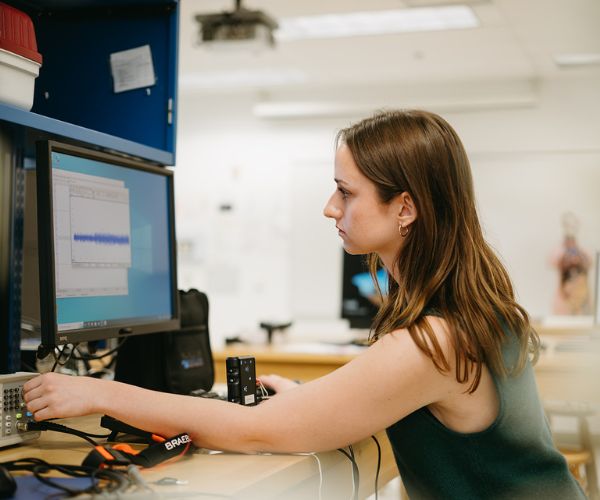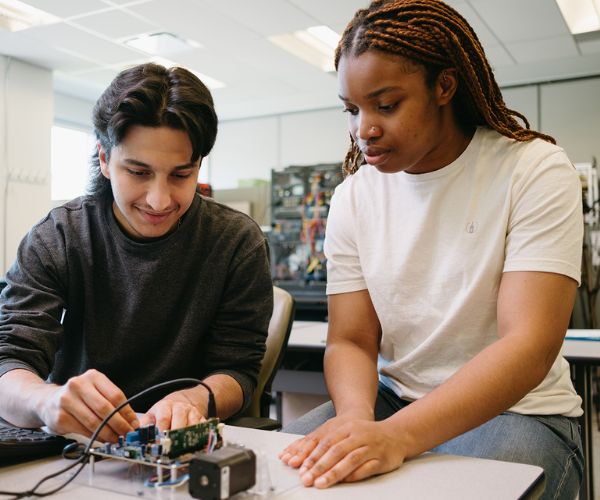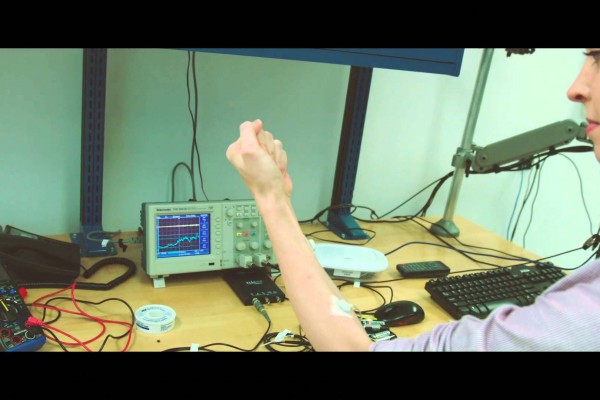Visit Carleton! Book your tour today.
Program Details
The Faculty of Engineering and Design’s Biomedical and Electrical Engineering program in the Department of Systems and Computer Engineering integrates life sciences with traditional electrical engineering topics. Graduates from the program can work in both medical and engineering fields.
Learn the principles of electrical engineering and science as they apply to biotechnology and medicine. Understand the design of diagnostic and therapeutic devices, bioinstrumentation, automated signal and image analysis, computing and display devices and biometric data readout systems, and receive instruction in general electrical engineering.
Our Biomedical and Electrical Engineering program includes the prerequisites needed for entry into Ontario Medical Schools.
The Biomedical and Electrical Engineering program is fully accredited by the Canadian Engineering Accreditation Board, allowing graduates to meet the educational requirements for registering as a professional engineer.
Work Experience
A Co-op option is available. Co-op is the opportunity to get a head start on a career. Co-op work terms allow for the development of key employability skills, exploration of career options and graduation with tangible, workplace experience.

Get started in Carleton360 to receive tailored information on our programs, student services and community.

Career Outcomes
Explore your passions, refine new skills and discover the career that’s right for you.
With a foundation in electrical engineering, Biomedical and Electrical Engineering students will have the skills to work both in the biomedical engineering and electrical engineering industries.

Sample Courses
ECOR 1043 – Circuits
Electrical Quantities (Voltage, Charge, Current, Power). Conservation of charge and energy. Mathematical models of simple devices. Elementary circuit theory for passive elements. Thévenin’s and superposition theorem. Signal filtering and amplification. Time and frequency domain. Circuit design and simulation.
SYSC 4203- Bioinstrumentation & Signals
Bioinstrumentation and biological signals; instrumentation systems, electrical safety, and biocompatibility; bioelectric signals; biopotential electrodes: material properties, selection; data acquisition; signal processing; biomedical imaging technologies; bioamplifier systems performance and characteristics; major physiological systems and associated measurements.
Visit the Undergraduate Calendar to view a comprehensive list of course offerings for this program and discover the exciting things Carleton students are learning in the classroom!


